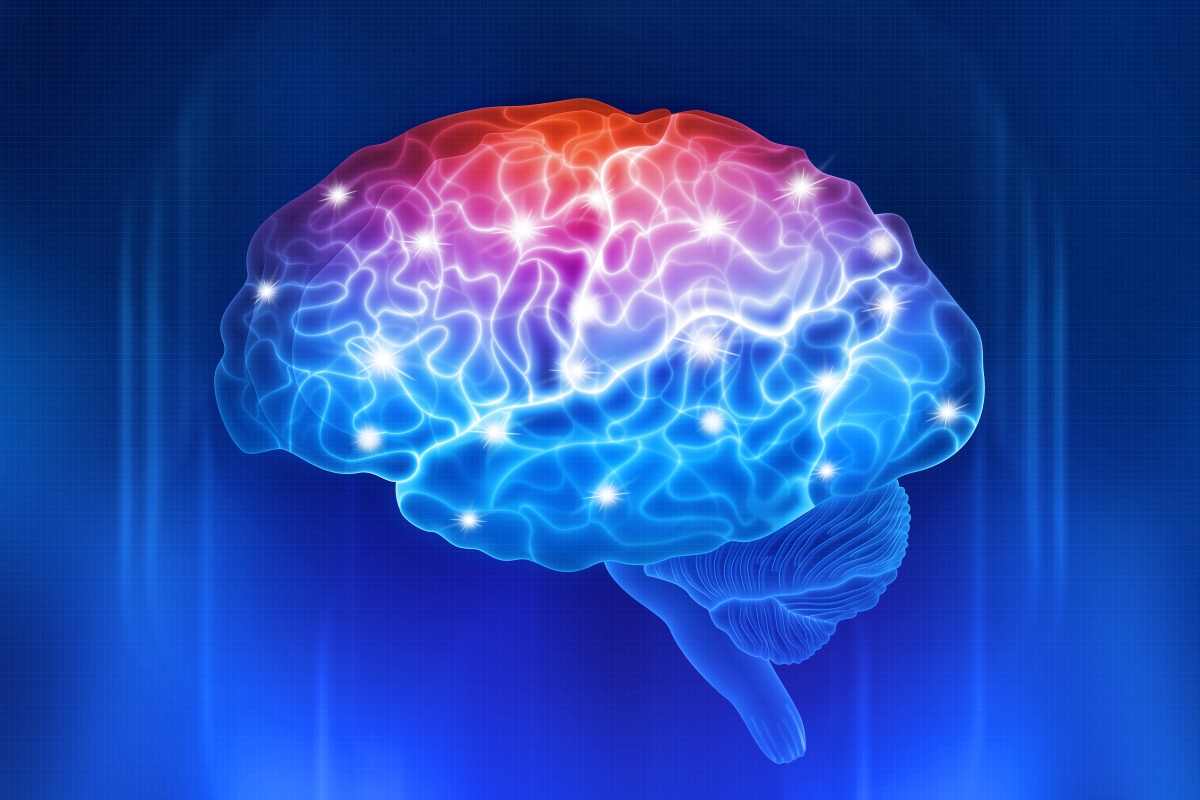The role of composite dietary antioxidants in elderly cognitive function: insights from NHANES
Chen F. et al. (2024) look into the link between older persons’ cognitive function and the Composite Dietary Antioxidant Index (CDAI), focusing on how increased antioxidant consumption may impact cognitive abilities as people age. The authors looked at data from participants of the National Health and Nutrition Examination Survey (NHANES, 2011-2014, n = 2516, age 60 years or older). Cognitive ability was assessed using a myriad of tests (CERAD Word Learning and Recall, Digit Symbol Substitution, and Animal Fluency). According to data analysis, higher CDAI scores were significantly positively correlated with improved cognitive performance on various tests. Higher results on the CERAD Word Learning Test and the Delayed Recall Test were associated with increases in Composite Dietary Antioxidant Index (CDAI). The Digit Symbol Test and the Animal Fluency Test both showed notable gains. According to subgroup analyses, higher CDAI scores were associated with more substantial cognitive advantages for women, those 80 years of age and older, non-Hispanic Black participants, and those with lower educational attainment. This suggests that antioxidant-rich diets may be more advantageous for these populations. Antioxidant-rich diets may be a viable way to maintain older persons’ brain health and fight age-related cognitive loss. These findings highlight the potential public health benefits of dietary recommendations that increase antioxidant intake among the elderly. More investigation is required to confirm these findings and investigate the processes behind this association. [NPID: Composite dietary antioxidant index, cognitive function, older adults, antioxidant intake, NHANES]
Year: 2024
 Navigation
Navigation







